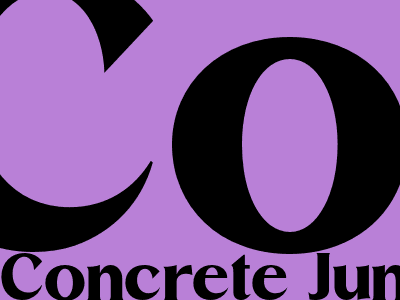Ultimate Guide to SEO for Beginner Bloggers: A Comprehensive Guide to Skyrocket Your Traffic
Introduction to Search Engine Optimization (SEO)
In the vast digital landscape, where countless websites vie for attention, the art of SEO (Search Engine Optimization) has emerged as an indispensable tool for bloggers seeking to establish their presence and attract a loyal readership. By optimizing your blog for search engines like Google, you can significantly increase its visibility in search results, attracting more organic traffic and boosting your overall success.
Understanding Google and Blogger.com SEO Policies
To ensure your SEO efforts are aligned with industry best practices and comply with Google and Blogger.com guidelines, it's crucial to familiarize yourself with their respective SEO policies. Google's Search Engine Optimization (SEO) Starter Guide provides comprehensive insights into the fundamentals of SEO, while Blogger.com's SEO Guide for Bloggers offers specific guidance for optimizing your blog within the platform.
Keyword Research: The Foundation of Successful SEO
Effective SEO begins with thorough keyword research, the process of identifying the specific terms and phrases potential readers use to search for content related to your blog's niche. By incorporating these keywords strategically throughout your blog, you can significantly enhance your chances of appearing in relevant search results.
Content Optimization: Creating High-Quality, Engaging Content
The cornerstone of successful SEO is creating high-quality, engaging content that resonates with your target audience. Focus on providing valuable, informative, and well-written content that addresses the specific needs and interests of your readers. By offering unique and compelling content, you can establish your blog as an authoritative source of information within your niche.
On-Page SEO: Optimizing Your Blog's Structure and Elements
On-page SEO involves optimizing the individual elements of your blog to improve its visibility and relevance to search engines. This includes optimizing your blog's title tags, meta descriptions, header tags, and image alt text. By carefully crafting these elements, you can provide search engines with clear signals about the content and structure of your blog, enhancing its ranking potential.
Technical SEO: Ensuring Your Blog's Technical Functionality
Technical SEO encompasses the technical aspects of your blog that impact its crawlability, indexing, and overall performance in search results. Factors such as site speed, mobile responsiveness, and the presence of structured data can significantly influence your blog's visibility and user experience. By addressing these technical elements, you can ensure your blog is accessible to search engines and provides a seamless experience for visitors.
Link Building: Establishing Credibility and Authority
Link building is the process of acquiring backlinks from other websites to your blog. These backlinks serve as endorsements of your content, signaling to search engines that your blog is credible and provides valuable information. By actively pursuing link building opportunities, you can enhance your blog's authority and improve its ranking in search results.
Content Promotion: Reaching and Engaging Your Target Audience
Once you have optimized your blog for search engines, it's equally important to promote your content to reach your target audience. This involves leveraging social media, email marketing, guest posting, and other promotional channels to drive traffic to your blog. By effectively promoting your content, you can increase its visibility and attract a wider readership.
Tracking and Analysis: Monitoring Your SEO Performance
To measure the success of your SEO efforts, it's essential to track and analyze your progress regularly. Utilize analytics tools like Google Analytics or Search Console to monitor metrics such as organic traffic, keyword rankings, and user behavior. This data will provide valuable insights into the effectiveness of your SEO strategies and help you make informed decisions to continuously improve your blog's performance.

Comments